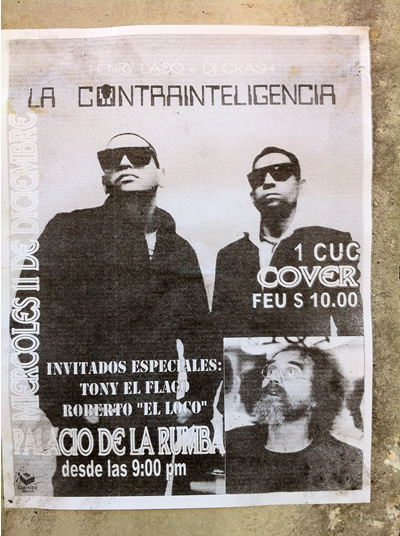Six years ago I published a text titled “Disqualified for Dialogue,” where I related what occurred in a police station with some State Security agents. Since that date they haven’t returned to attempt one of these semi-friendly conversations in which “they” try to make me believe that they are keenly interested in hearing my concerns, differences or discrepancies with politics of the Party. Since then I have made the decision never to talk to them again. Why?
Because talking with State Security signifies rewarding the belligerence of a repressive institution that has no legal, political nor moral right to engage in making economic or ideological decisions for the country. Because the main purpose of these conversations is to draw out information from us that will affect other civil society opponents and activists.
Because those are the occasions they also take advantage of to cause trouble, to make us believe that others are selling themselves to a foreign power or collaborating with the intelligence agencies, and are people of low moral stature, lacking in ethics and principles.
Because they try to manipulate us saying that we are salvageable, not mercenaries like the rest, and they misinform us with false hopes, as if they were the ones who were in command of all the destinies of the nation and had the power to be the appropriate vehicle to channel criticisms and complaints.
Because the conditions in which these conversations usually occur involve our going to a site, saying our names and showing our identity cards, while they only introduce themselves using pseudonyms.
Because we do have not opportunity to terminate the dialogue and they are the ones who decide how long to continue listening; we can barely gesture or use appropriate terminology without their saying that we are showing a lack of respect or contempt for authority.
Because we are not allowed to record what they say, nor to invite a witness, while they, for their part, can film and edit the conversation, putting their arms around us or putting a pen in our pockets to give the impression that we are their collaborators.
Because we shouldn’t let them convince us that they know everything: our sexual preferences, the routes our children take to school, the private weaknesses of our friends, the money we have at our disposal, the people we see…
Because nothing of what they say, none of the threats they make or the prohibitions they establish, is delivered in writing, with letterhead, stamp, name, grade, title, signature, appealing to the terms and articles of established laws, as these official institutions should express themselves; rather everything is left on the plane of what these anonymous subjects say “personally,” perhaps because they believe themselves to be “more of a man” (or more of a woman) than any of us.
I don’t talk to them any more, because I am a free man and do not have to give an accounting to anyone of where I go, who I meet, or what projects I have.
– See more at: “Disqualified for Dialogue.”
30 December 2013

